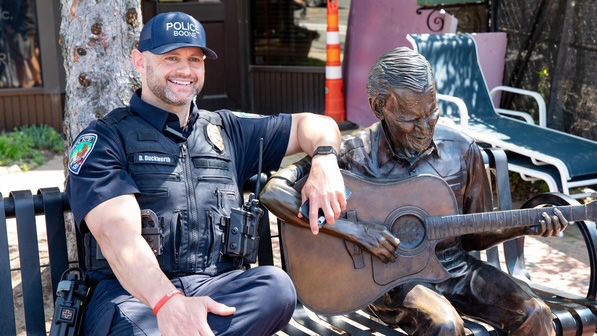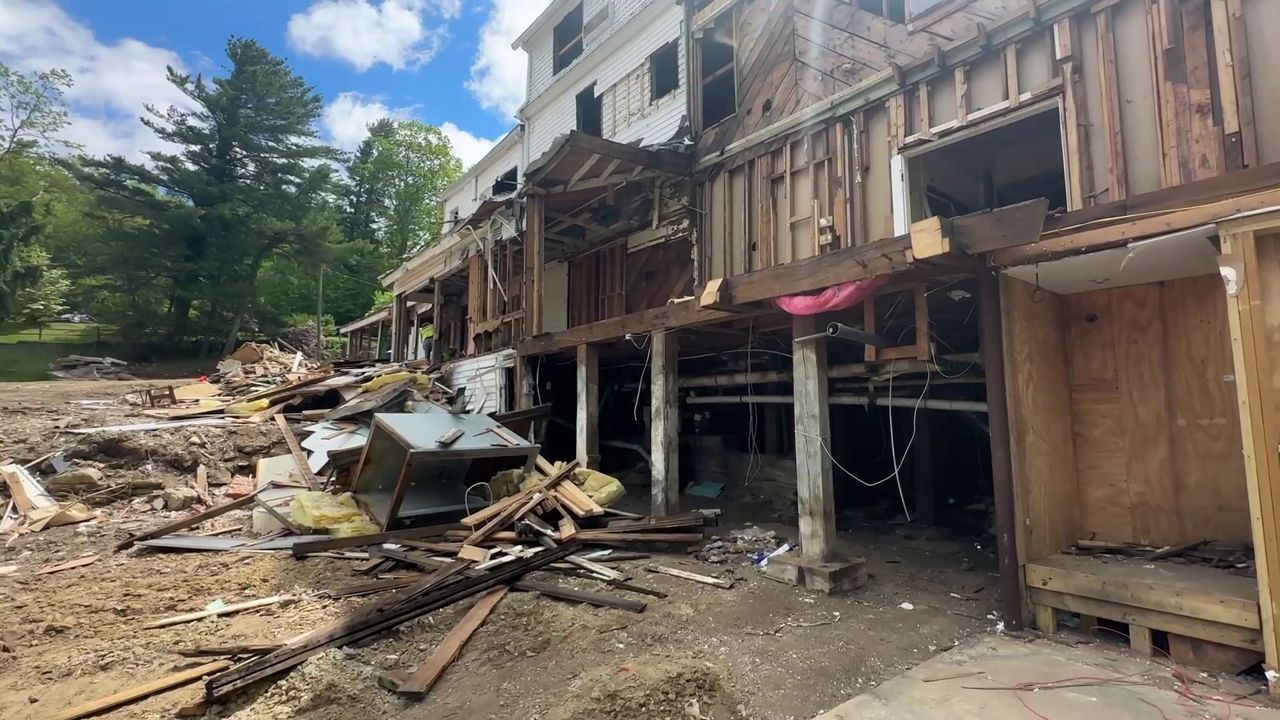RALEIGH, N.C. — Attorney General Josh Stein announced North Carolina has ended the backlog of untested sexual assault kits after more than 16,000 kits sat on the shelves for over two decades.
In 2019, the state legislature enacted The Survivor Act, which prioritized the process of testing older kits.
“I thought I was going to die,” sexual assault survivor Linda said.
Linda is a survivor. She was sexually assaulted in 1992. Because of that, she doesn't want us to use her last name. Linda said her case went cold and was reopened in 2015.
“The evidence they had, had to be tested. The perpetrator's evidence,” Linda said.
Linda said her perpetrator committed more sexual crimes and was caught, but that’s not the case for everyone.
She said that’s why the North Carolina sexual assault kit initiative is important — so survivors can get justice.
“If you get raped. That rape kit is your evidence. Like I said, that is your voice,” Linda said.“If you get raped. That rape kit is your evidence. Like I said, that is your voice,” Linda said.
In 2019, the Department of Justice discovered there were over 16,000 untested rape kits in North Carolina.
In response, The Survivor Act was created within the same year, requiring law enforcement agencies to create review teams to determine which untested kits needed to be tested.
According to the Department of Justice, nearly 12,000 kits met that standard. For the remaining kits state officials said the person was already convicted, an investigation showed the crime didn't happen or the kits were anonymous.
“Roughly there are over 100 hits that have happened that the outcome has been a criminal outcome,” said Monika Johnson-Hostler, executive director for the North Carolina Coalition Against Sexual Assault.
Johnson-Hostler said there is still more work that needs to be done, but survivors in the state can finally feel like they are being heard and supported.
She said with efforts like this, cold cases like Linda's can move forward, and offenders can be held accountable.
“It’s a database called CODIS where you can put the name and DNA that it's attached to, and law enforcement can go in there every time they have a crime or DNA to see, so they are able to link the DNA evidence to the person who committed the crime,” Johnson-Hostler said.
The Department of Justice said North Carolina had one of the biggest backlogs of rape kits in a single state. Stein said they will continue the initiative to keep those numbers down. And Linda said she’s doing well despite her experience and said she wants other survivors to know.
“You matter the most, you have to take care of yourself. You have the power now,” Linda said.
Of all those tested kits, Stein said more than 2,700 got a hit in the national database, and it led to 114 arrests in North Carolina.










